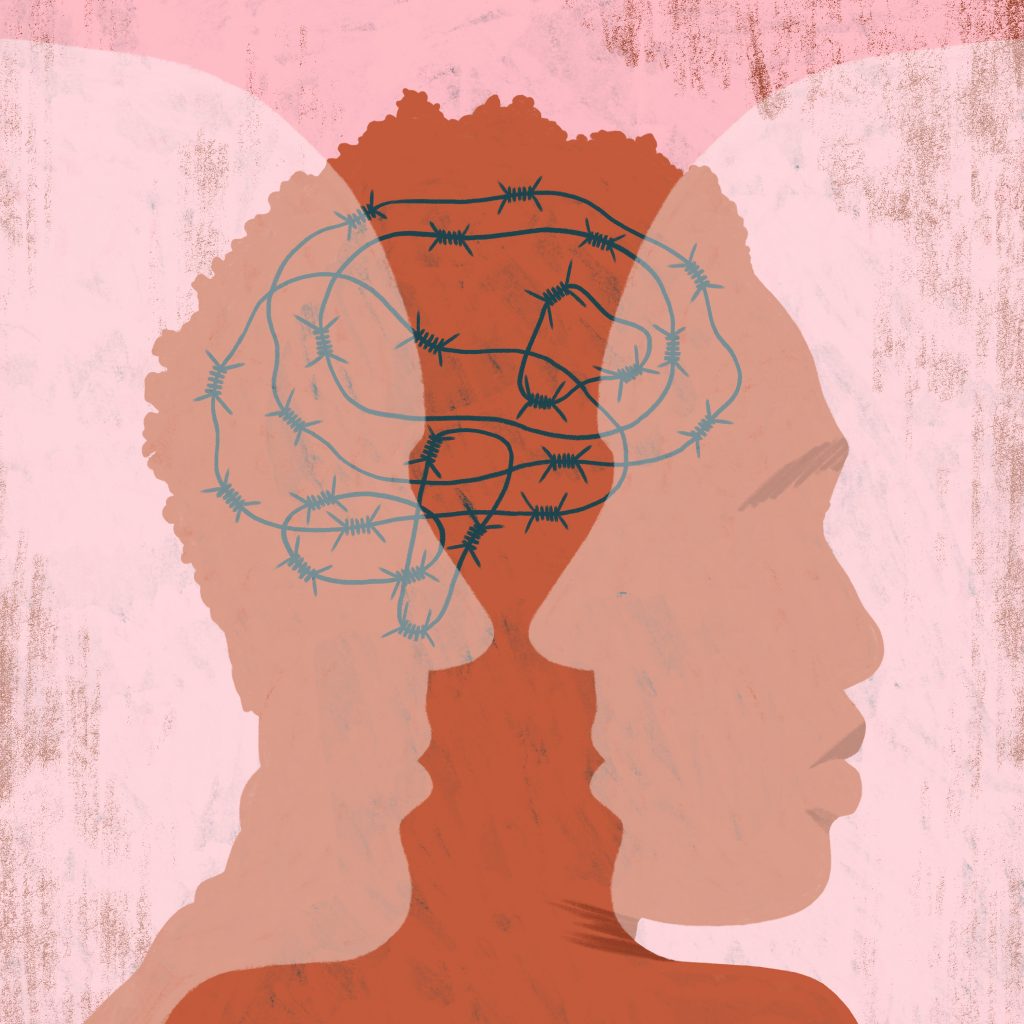“Storied Lives: Shifting Perspectives on Poverty” is a research project by the Guelph & Wellington Task Force for Poverty Elimination and the University of Guelph’s Community Engaged Scholarship Institute and Live Work Well Research Centre. By amplifying the experiences of people living with poverty, this project encourage members of the public to examine assumptions about the causes of poverty.
Storied Lives Podcast
This podcast series shines a spotlight on intersectional experiences of poverty and factors that shape poverty in Ontario and beyond. Each episode includes a composite story that highlights lived expertise and commentary from a notable guest who works in a field related to poverty elimination.
Listen Now
Listen to this podcast below or on your favourite platform: Amazon | Apple Podcasts | CastBox | Google Podcasts | Overcast | PocketCasts | Spotify

Trailer: Storied Lives
Listen to the trailer for Storied Lives, a podcast that looks at the lived realities of poverty through an intersectional lens. Read the transcript for the trailer for Storied Lives.

Episode 1: Saving Grace
This episode explores themes of poverty, mental health, rural living, and physical disability. We hear from Elsa Mann, Team Lead, Mount Forest Family Health Team, who leads a team of outreach workers to support people living with poverty in rural communities. Read the transcript for Episode 1: Saving Grace.

Episode 2: Quota
This episode explores themes of poverty, racism, and xenophobia. We hear from Jasmine Ramze Resaee, Director of Advocacy & Communications at YWCA Toronto, advocating for poverty reduction, gender equity, and racial justice. Read the transcript for this Episode 2: Quota.

Episode 3: Old Enough to Hit
This episode explores themes of poverty, family and sexual violence, intimate partner violence, and harassment. We hear from Lieran Docherty, Director of Programs at Women Abuse Council of Toronto, a policy and planning body working to eradicate violence against women through system change. Read the transcript for Episode 3: Old Enough to Hit.

Episode 4: Paying Customers Only
This episode explores themes of poverty, addiction, drug use, mental health, racism, policing, and physical violence. We hear from Dr. Akwatu Khenti, Assistant Professor at University of Toronto’s Dalla Lana School of Public Health, who focuses on mental health, addictions, and anti-black racism. Read the transcript for Episode Four: Paying Customers Only.
The Research Behind the Podcast
To create the story that begins each episode, we invited people living with poverty to share their stories with us. During a series of focus groups, participants shared their unique experiences, and how these are impacted by multiple, overlapping, and compounding oppressions.
Using what was shared, we wrote four composite stories. These are fictional stories based on real experiences. Every scenario in these stories happened or was informed by themes shared in the focus groups.
Each podcast episode pairs one of the stories with commentary from 1 of 4 notable guests that we interviewed based on their work in fields related to poverty elimination.
This 4-part podcast series is a collaboration of the Guelph & Wellington Task Force for Poverty Elimination, and the University of Guelph’s Live Work Well Research Centre and Community Engaged Scholarship Institute. This research was funded by the Social Sciences and Humanities Research Council and received ethics approval from the University of Guelph Research Ethics Board (#18-12-027).
We’re deeply appreciative of the advocates and the people experiencing poverty who shared their stories, knowledge, and time with us.
